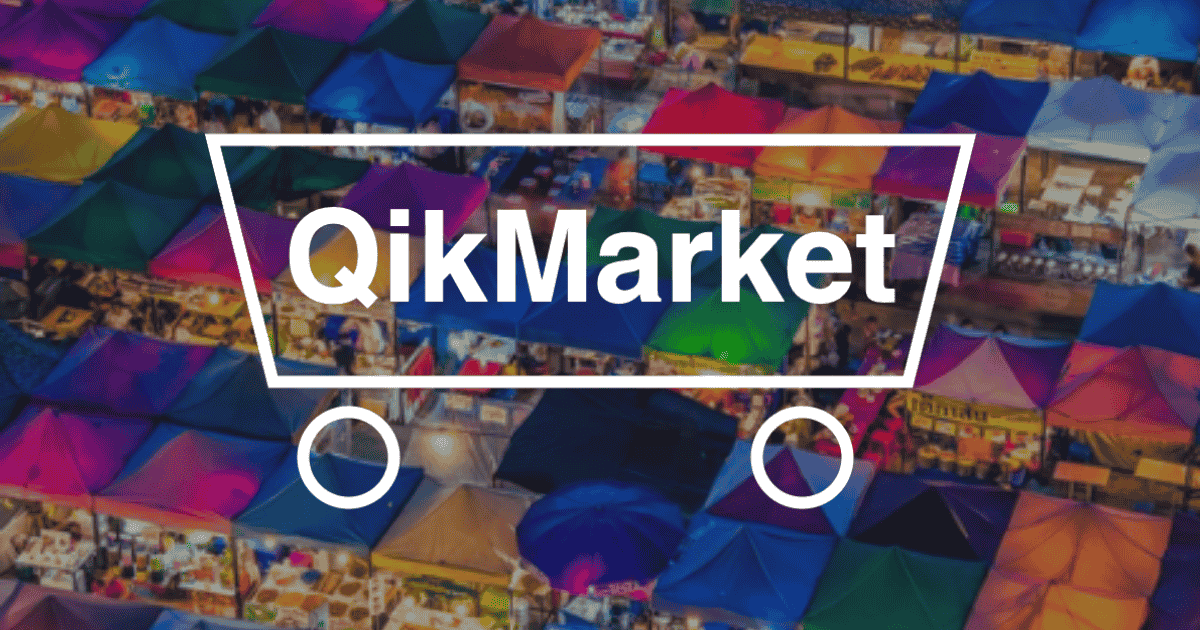Sustainable E-commerce Practices for South African Online Businesses
The Rise of Sustainable E-commerce
As global awareness of environmental issues intensifies, businesses are increasingly seeking ways to integrate sustainability into their operations. In South Africa, a nation rich in biodiversity yet facing numerous environmental challenges, the need for sustainable practices in e-commerce is more acute than ever. With more consumers gravitating towards ethical shopping behaviors, businesses in the online marketplace must adapt to this shift to foster a more sustainable future.
Understanding the South African E-commerce Landscape
The South African e-commerce market has experienced substantial growth, presenting exciting opportunities for local businesses. Notably, the shift towards online purchasing has been accelerated by the COVID-19 pandemic, with more consumers embracing digital shopping.
As of 2023, e-commerce sales in South Africa have skyrocketed, with various sectors, including fashion, electronics, and groceries witnessing significant increases. This digital transition not only presents a platform for broader reach but also poses a unique responsibility for businesses to operate sustainably.
Key Components of Sustainable E-commerce
Implementing sustainable practices in e-commerce involves several critical components that businesses must consider:
1. Eco-Friendly Packaging
Packaging plays a vital role in e-commerce. Opting for biodegradable, reusable, or minimalistic packaging can significantly reduce waste. Using recycled materials not only conserves resources but also appeals to environmentally-conscious consumers.
2. Sustainable Sourcing
Prioritizing local suppliers and ethically sourced products fosters sustainability. Businesses should consider products that have a minimal environmental impact, including those that are organic, fair trade, or crafted through responsible manufacturing practices.
3. Carbon-Offset Programs
Calculating and offsetting carbon emissions is a tremendous step towards sustainability. Implementing programs that support renewable energy or contribute to reforestation initiatives can help counterbalance the carbon footprint associated with shipping and logistics.
4. Energy-Efficient Operations
From the technology used in online operations to the logistics involved in deliveries, businesses can adopt energy-efficient measures to reduce their overall energy consumption. This may include utilizing renewable energy sources and training staff on energy-saving practices.
QikMarket's Commitment to Sustainability
At QikMarket, our mission is to empower local South African businesses while promoting responsible selling practices. Our zero-fee marketplace model not only alleviates the financial burden on sellers but also supports sustainable initiatives across our platform.
Through our integration with QikTruck, we endeavor to provide reliable and efficient delivery services that prioritize carbon footprint reduction through optimized routes. As a seller or buyer, every transaction on QikMarket contributes to the sustainability of local businesses and the community.
Utilizing QikMarket's Tools for Sustainable Selling
QikMarket offers a suite of tools to help sellers thrive while committing to sustainable practices:
Detailed Sales Analytics
Sellers can gain valuable insights into their sales trends, allowing them to make informed decisions about products that align with sustainability goals.
Promotional Tools
Utilizing promotional tools enables sellers to market eco-friendly products more effectively, attracting like-minded consumers who support sustainable initiatives.
Seamless Onboarding
Our effortless onboarding process allows sellers to quickly upload products that meet ethical standards. This ensures that all sellers can join our marketplace without unnecessary delays.
Making a Positive Impact
By implementing sustainable e-commerce practices, not only do businesses enjoy improved customer loyalty and brand reputation, but they also contribute meaningfully to the larger community and environment. In South Africa, where many local businesses are seeking to recover and revitalize economies, our collective efforts can lead to a greener, healthier future.
The Future of E-commerce in South Africa
As we look ahead, the need for sustainable e-commerce practices will only grow. Regulations and consumer expectations will evolve, pushing businesses to adopt more responsible methods. QikMarket is excited to lead the way by emphasizing sustainability in all our operations and assisting our sellers in making impactful changes.
QikTruck Services: Complementing Your Sustainable Practices
QikTruck is parallel to QikMarket in its mission to support local businesses. By connecting individuals in need of transportation with local drivers, QikTruck ensures goods are delivered efficiently while emphasizing safety and reliability. Its emphasis on matching local drivers to nearby jobs helps to reduce transportation emissions and supports the local economy.
The QikTruck platform handles various logistics functions, offering an easy solution for sellers looking to streamline their deliveries while committing to sustainability. Customers can specify the goods' transport type, pickup, and delivery locations, ensuring seamless, eco-conscious delivery practices.

